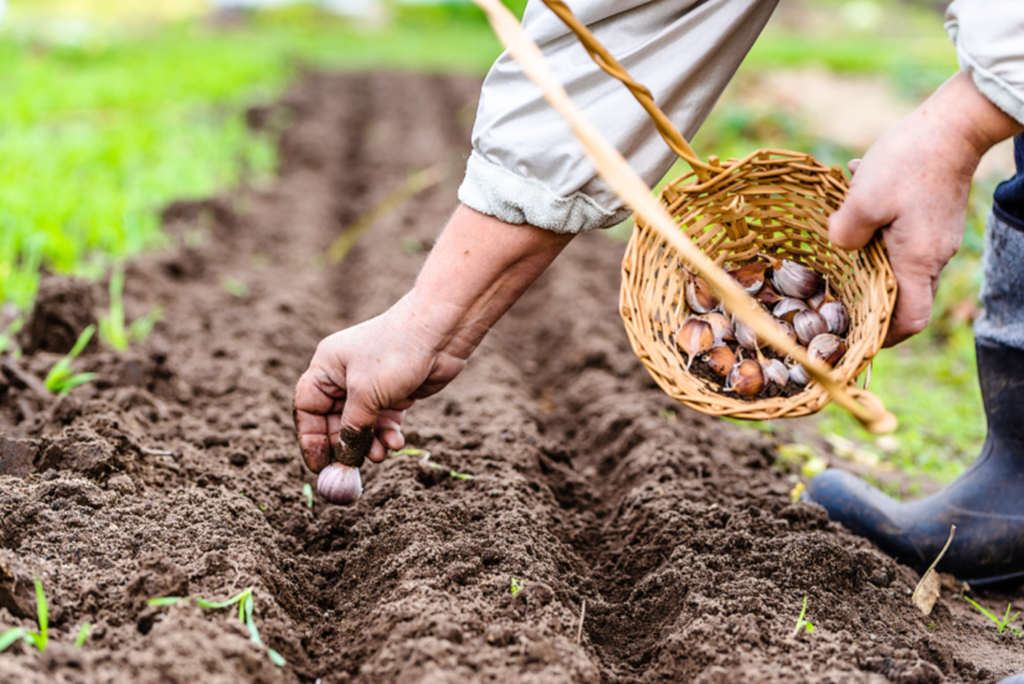Protect & Survive
No…not the 1970s public information campaign exhorting us to hide under a table in case of nuclear attack. This is far more useful. It’s my public information campaign about protecting tender perennials and taking cuttings to over winter so your plants survive and even multiply. First the protection: to protect tender perennials such as Salvias and Pelargoniums, lift them and bring them into a greenhouse. If you have a heater, set it to the frost setting (around 5C). You can use bubble wrap to insulate the greenhouse for additional heat conservation. If you do this the heater will only need to kick in on extremely cold days and nights.
For tender bulbs and tubers such as dahlias, wait until the foliage has been blackened by the frost, then lift them and place in a box of sand in a dry, dark, frost-free location.
Plants like Agapanthus, which are generally happy to be left in the ground with a little protection, are best left undisturbed. Cover the top with a generous quantity of well-rotted compost or bark mulch. This can be removed from around the crown of the plant in spring and will help retain moisture throughout the spring growing season.
November is the start of the bare root planting season. Plant roses, hedging and trees, and it’s also a good time to move any of these plants which you think are in the wrong area of the garden. They are more likely to survive this treatment if moved at this time of year.
So, what else can we do in November?
Ideally your spring bulbs should already be planted but if you haven’t done it yet, just put some in this month. November is actually the perfect month to plant tulip bulbs are because the less time they are in the ground the less likelihood of them developing a virus called tulip fire blight.. Plant garlic cloves if you have an area with free draining soil.
Dig over the vegetable plot, leaving clods to break down over winter Rake the fallen leaves regularly from lawn areas because if you leave them they deprive the lawn of light.
Bring in garden tools for the winter. Clean, sharpen, and oil them first. Keep removing weeds. It is easier to see them once garden plants have died back. November is a great time to get rid of persistent perennial weeds.
Happy gardening!
By Rachael Leverton

